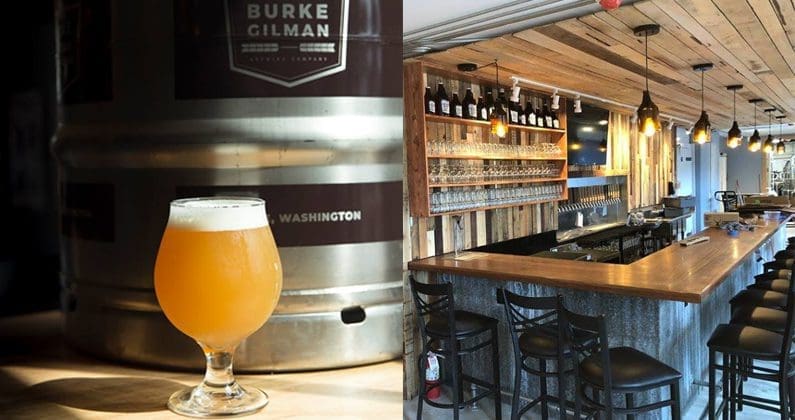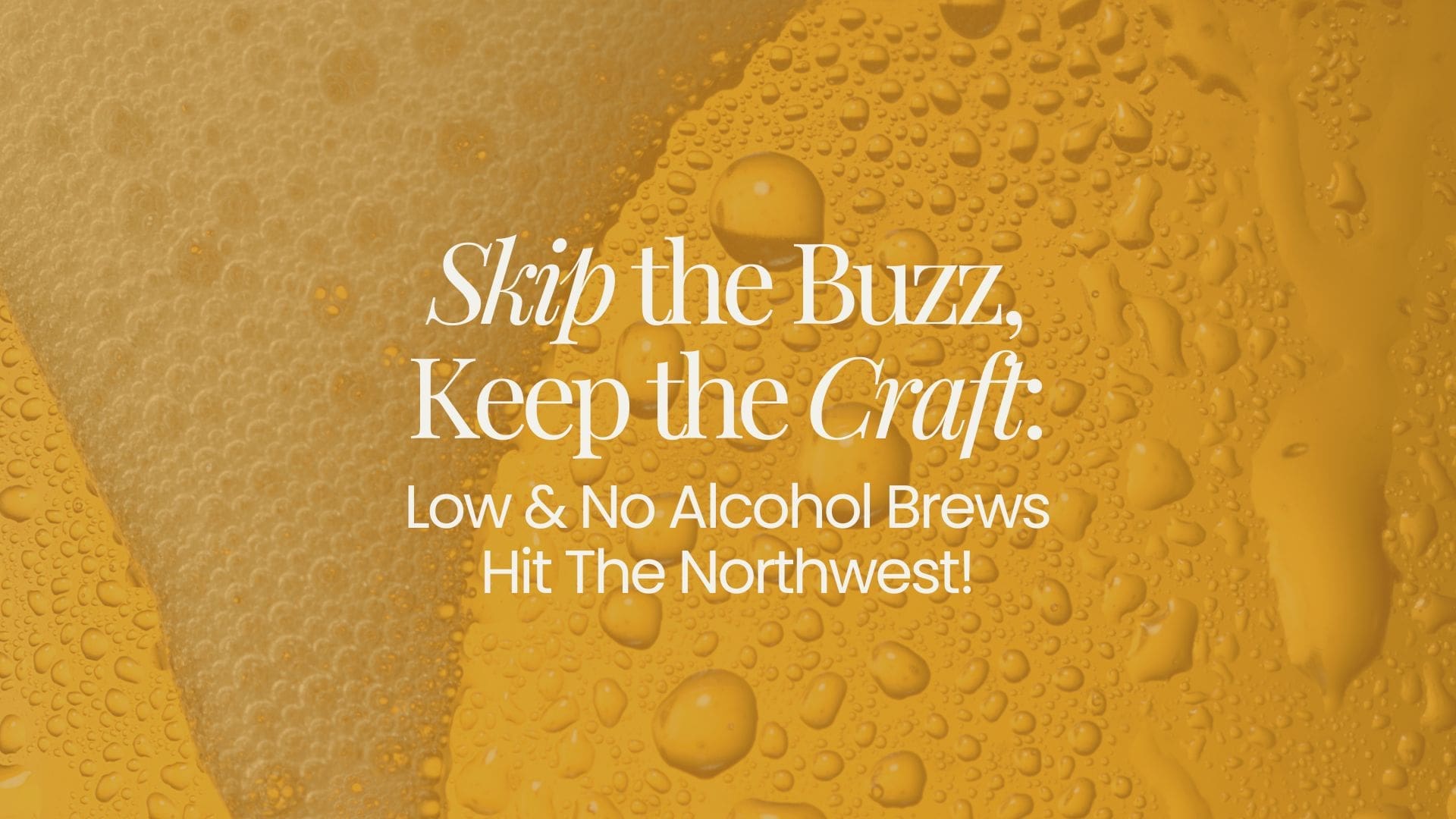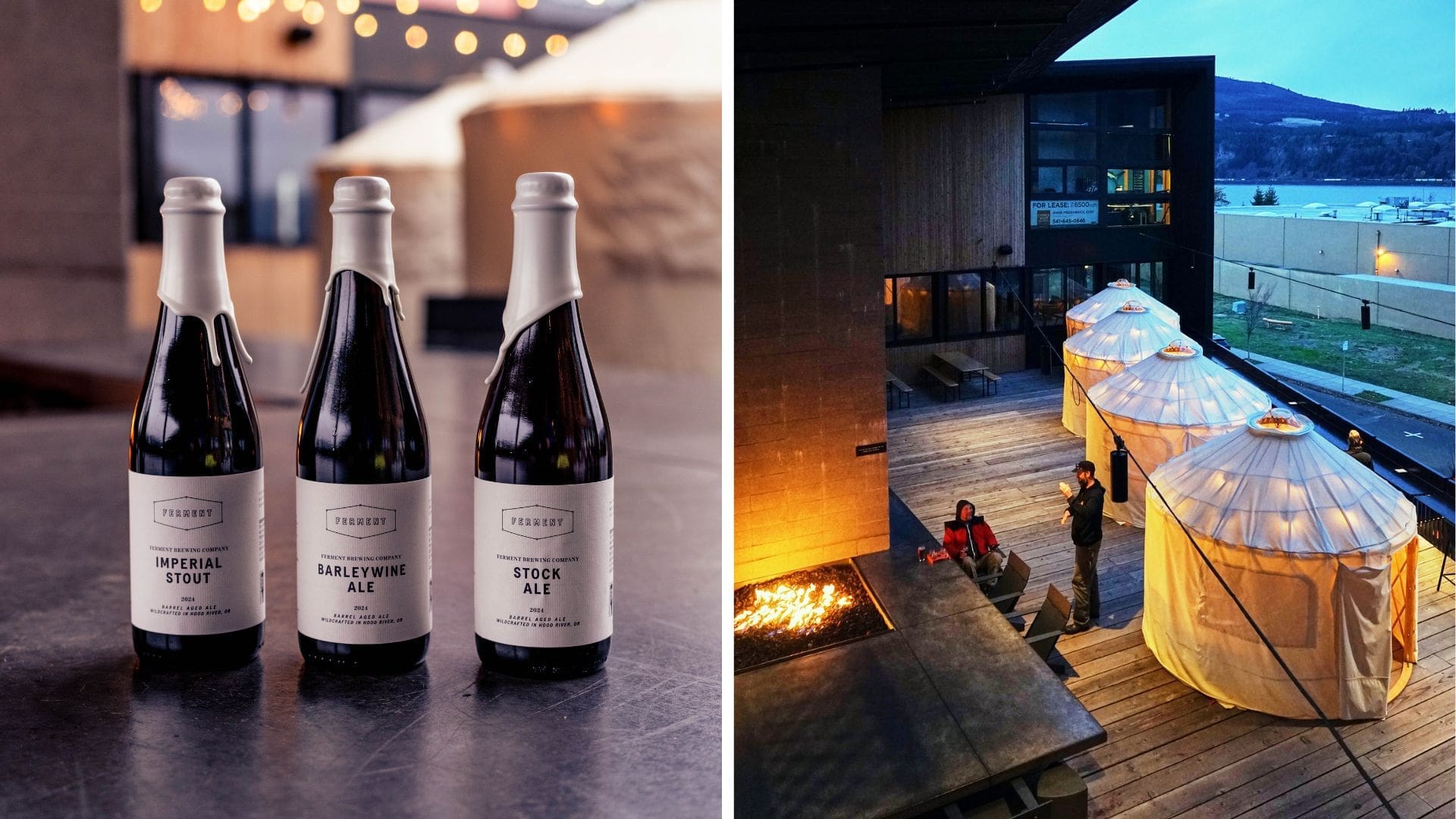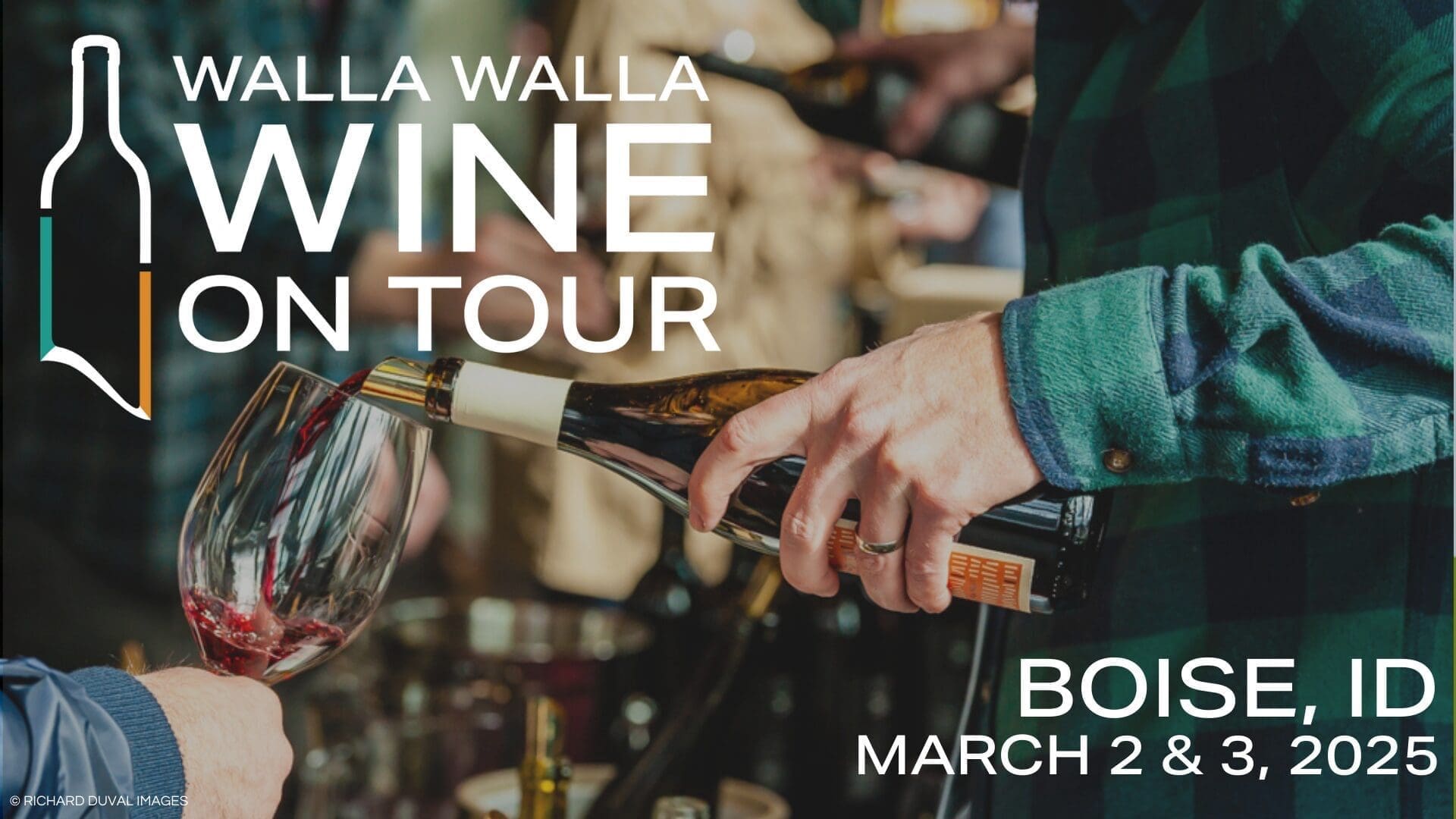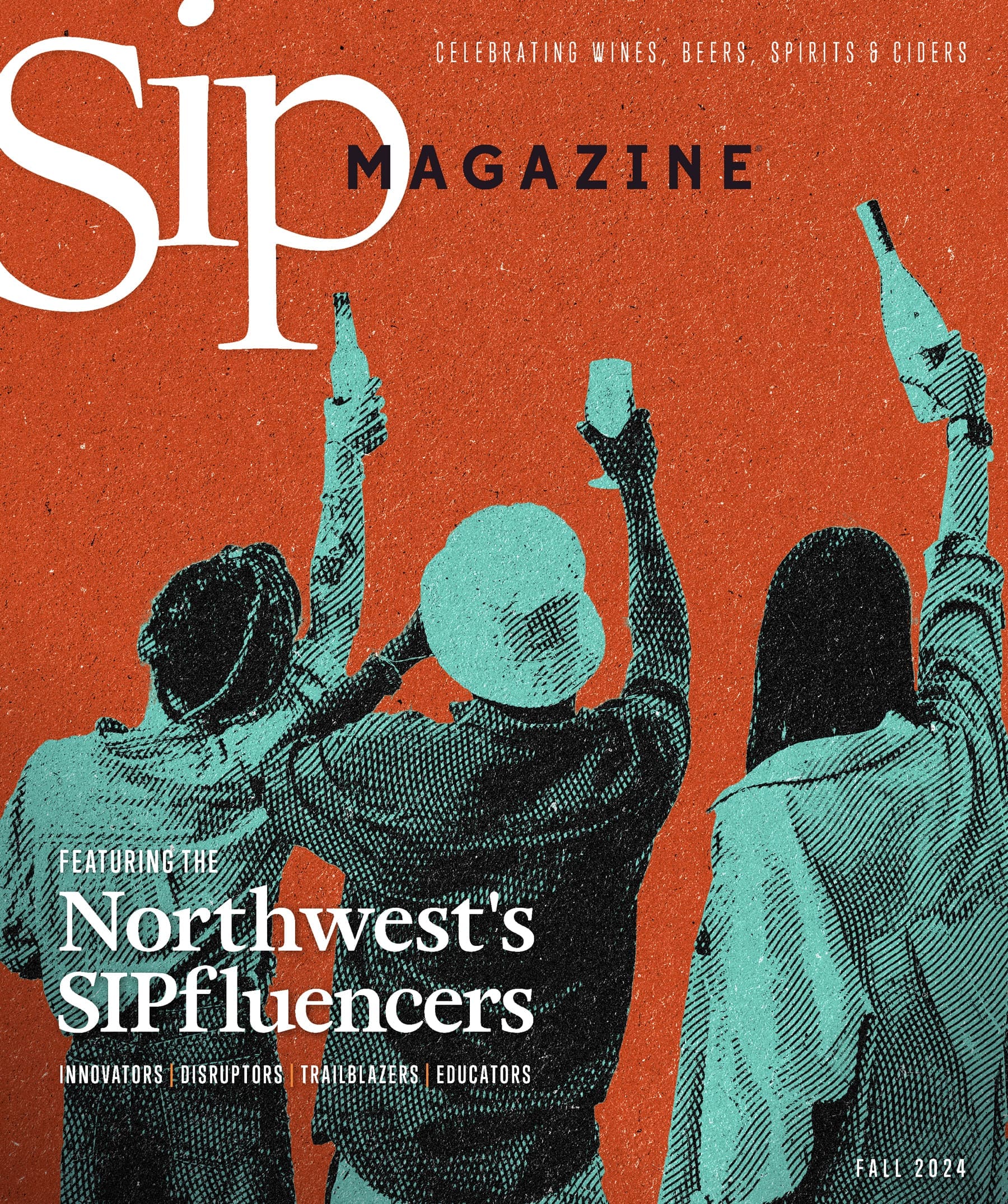It’s well known a large congregation of Seattle’s breweries resides in the Ballard and Georgetown neighborhoods, many in the popular warehouse-turned-brewpub format while others exist or near Seattle brewing history landmarks. But if you look outside the realms of these hotspots you’ll find scattered neighborhood breweries throughout the Emerald City, like Burke Gilman Brewery in the Laurelhurst district.
The young brewery’s MO isn’t to be the next beer you pick up from the grocery store shelf, rather the team wants it to be the place where you go after work with friends or family. As Kenneth Trease, one of the four partners behind Burke Gilman Brewing, says, they want to be the neighborhood’s living room.
Trease, Eric Lundquist, Corey Ovendale and Ty Ovendale were inspired by nearby Ravenna Brewing and its small-scale model. Two of them were homebrewers and the other two were beer geeks who enjoyed going around and taking in what the local beer scene had to offer.
Trease says they hadn’t thought it was possible to start a brewery that wasn’t in an old warehouse, like the ones in the more beer-saturated neighborhoods, so when Ravenna opened up the four men shamelessly courted the owners, constantly hanging out at the brewery and then asking them to dinner to pick their brains.
“They were so generous with their advice, connections, that sort of thing,” Trease says. “They were completely invested in our success… We really consider them our mentors in all this.”
The team knew they wanted a brewery that was family-friendly and easy to get to. Trease describes how when he and his wife had their children, he’d often find himself wanting a quiet place to let the kids nap and to sit down and have a beer.
“That’s just the place where I like to be,” he adds, admitting he’d opt out of going to a noisy bar with the family. “A nice quiet, neighborhood place — where I can get a fresh, interesting beer is where I want to be so that’s what I wanted to open up.”
The process of finding a space to lease proved to be more of a challenge than they thought. Trease explained the hardest part of opening the brewery was securing a location and then the logistics of getting all the right permits. Making the beer was the easy part, which was made even easier thanks to their head brewer Phil Pesheck.
All of the partners wanted to keep their day jobs which is why they hired a head brewer who would be able to focus solely on turning out new beers at the scale that was needed. After putting out a call for candidates, they landed on Pesheck who was previously a brewer at Georgetown Brewery and Chuckanut Brewery.
“We have ideas about recipes and you probably have ideas about recipes and let’s figure that out,” Trease says of their process with Pesheck. “It’s not just us telling him make this and make that, it’s us asking him ‘what do you want to make?’”
The brewery is constantly rotating taps with only a few permanent beers on draft like the London Brown, a low-alcohol, historical brown beer.
“We tell people if you like it you better drink it now cause it’ll be gone next week, we’re going to make something else,” Trease explains.
As the brewery moves into the second half of its first year, Trease says the team is focused on nailing down their process to be more reliable and producible. He says the partnership and their relationship with Pesheck is key to the brewery’s success and keeps it interesting.
“The fun thing about the partnership and the brewer we hired is that everyone likes a different thing,” Trease adds. “If it were up to Phil [Pesheck] we’d have 24 IPAs on tap, if we left it up to me we’d have 24 saisons and farmhouse beers on tap. But fortunately, it’s not left entirely up to anyone so we have a nice mix.”

